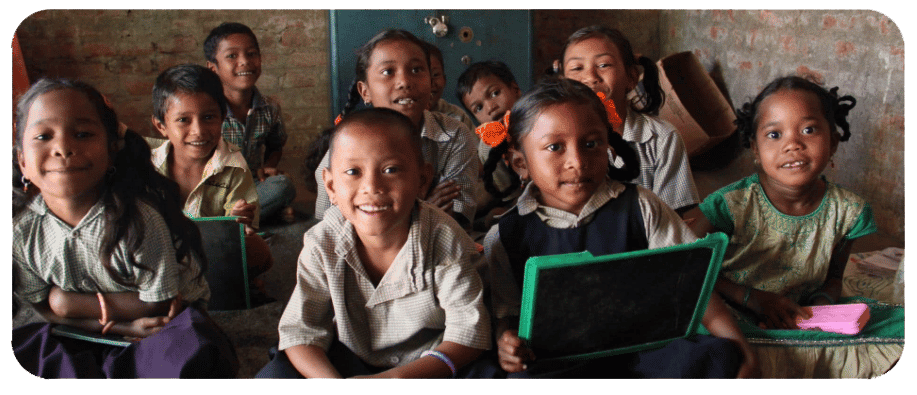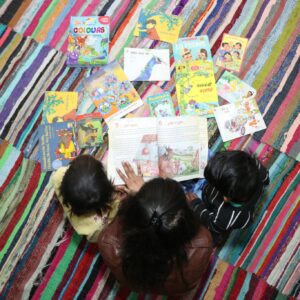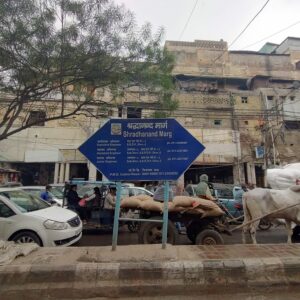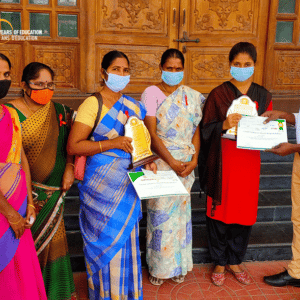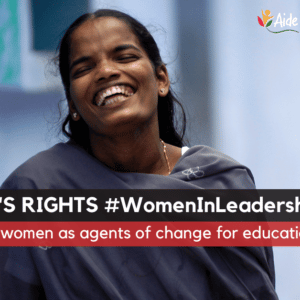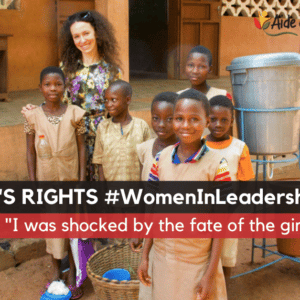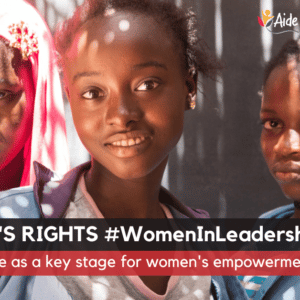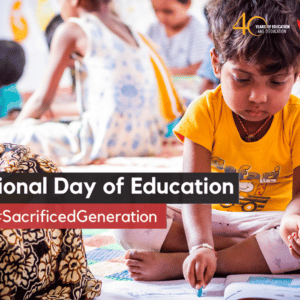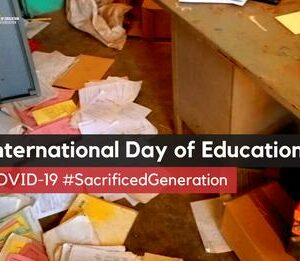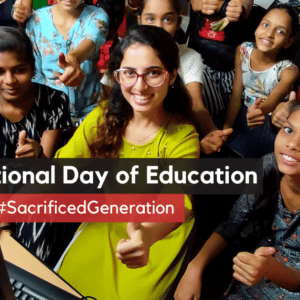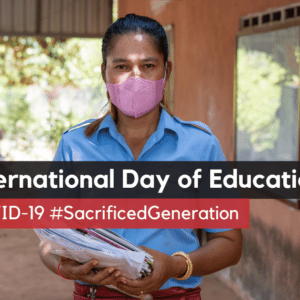The International Institute for Environment and Development (IIED) in partnership with Aide et Action published a new report to highlight the alarming and yet little recognized impact of climate change on population displacement and human trafficking.
The increase in natural disasters, the rise in food insecurity and the decline in purchasing power caused by climate change are affecting vulnerable populations more severely and brutally. These families, whose survival depends mainly on natural resources, have no choice but to adopt survival strategies, to limit or even cut out non-vital expenditures such as education or health, and to leave their home villages in the hope of finding a better life. But such forced displacement exposes people to terrible dangers and exacerbates their vulnerability to trafficking and the worst human rights violations.
Climate change as a factor in human trafficking
These violations (exploitation, forced labour, and human trafficking) will intensify as climate change is expected to worsen. Yet no one today, neither international organisations nor politicians, seem to recognise this danger, nor take adequate measures to address it. In this context, the report « Climate change, migration and vulnerability to trafficking » published today by the International Institute for Environment and Development (IIED) and Aide et Action is the first concrete empirical evidence of the link between climate change, human trafficking and slavery. The quantitative and qualitative study analyses the behaviour and habits of 420 disadvantaged households from two regions: Kendrapara district (Odisha), which is primarily wealthy and prosperous, with a predominantly literate population, but which has suffered from numerous natural disasters, and Palamu district (Jharkhand), which is less developed and more exposed to slow-onset events. In both regions, the conclusions are clear: the slow and brutal consequences of climate change (increase in natural disasters, soil erosion, decrease in natural resources, food insecurity and famine, decrease in water resources, etc.) have deprived the most vulnerable populations of decent living conditions and minimum resources. Deprived of social protection that could alleviate the economic and social blow, the most vulnerable families are forced to move and are massively victims of human trafficking. Climate change is therefore the new driver of migration and human trafficking, the report concludes.
Climate and human trafficking: a UN priority
« I am delighted with the production of this report because the increase in risks and trafficking linked to climate change is now the priority of my mandate. », said Siobhán Mullally, UN Special Rapporteur on human trafficking, especially of women and children. « The two examples analysed in this study, one in a region plagued by climatic disasters, the other exposed to slower and less visible phenomena, show the impacts of climate change on the most vulnerable populations in an empirical and concrete way. In fact, they show the extent to which they exacerbate their vulnerability to human trafficking. Women in particular, due to gender inequalities and lack of access to resources, are more at risk. »
Recommendations to avoid distress migration
The report encourages the international community to recognise the impact of climate change on forced displacement and distress migration, stresses the need for a coordinated and inclusive approach to this new threat, and calls for the implementation of preventive measures to move and resettle people before any climate emergency strikes.
To encourage governments to act, the report also proposes:
- The development of universal social protection that will improve the climate resilience of vulnerable populations
- The registration and monitoring of migrant populations in the context of their movements
- The development of socio-professional training to improve the income of the most vulnerable, especially women


